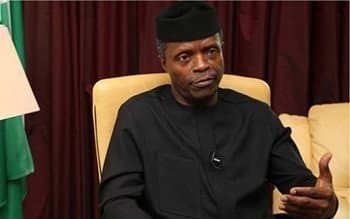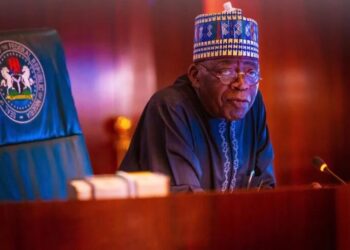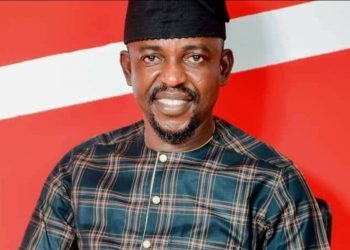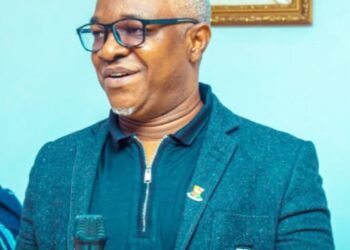VICE President, Prof. Yemi Osinbajo, yesterday, said delay in the budget approval process was one of the main causes that deepened recession in the country.
Osinbajo, who spoke at Legislative Economic Summit organised by House of Representatives in Abuja with the theme, “Legislative Framework for Economic Recovery and Sustainable Development,” said “the story of the Nigerian recession must be told often, and more importantly, truthfully. There are two reasons: the first is so as to ensure that never again, do we experience the horrors and deprivations of a recession. The second is that we cannot afford another recession, not now or in the future.
“Permit me to quickly retell that story as I understand it, of how we got into a recession. Three reasons: one, we were running an unstable economic structure. Oil alone contributed 70 per cent of budgetary revenues and 90 per cent, perhaps more than that, of our foreign exchange revenues.
“Up to 50-53 per cent of the non-oil sector was dependent on the oil sector. Consequently, the fortunes of up to 60 per cent of the Nigerian economy, rested on this volatile sector. This shaky foundation was masked in the past by high oil prices, but as soon as oil prices fell, the weakness showed.
“The second weakness in our economic structure is that it had mainly been consumption driven with a high propensity to import. Worse still, we were importing food, food that we could grow. Our unsustainable food importation bill at some point, was over N1 trilion, it was particularly damning for the economy as foreign exchange revenues dried up.
“In 2015, oil prices fell to as low as $28 at some point. But worse still, throughout 2016 we lost almost a million barrels a day in oil production due to vandalization and sabotage of oil facilities and pipelines. We lost something in the order of about 60 per cent of our revenues. Yet we could have survived without going into a recession.
“I think Dr. Teriba so ably stated that, we could have survived if we had savings. But we had no savings only debt. As economists would say, and as Dr. Teriba had said, we did not have the fiscal buffers to enable a counter-cyclical approach. In other words, we lacked the savings to see us through the lean times. Why did we lack savings, when so much money was being made? This is the elephant in the room.
Unbridled corruption and waste “This leads us to the second reason for the recession – corruption. Unbridled corruption and waste. I think it is important for us to emphasize that, so that we do not think that the recession was just something that occurred in a cyclical fashion – just another economic occurrence. No. It was not another economic occurrence, it was unbridled corruption on a scale that was unprecedented anywhere in the world, is what we experienced in Nigeria. It is important that we emphasize it so we don’t walk this way again. “The figures speak for themselves. Between 2013 and 2015 with oil prices averaging up to $110 per barrel, sometimes going to as high as $150, the government of the day somehow contrived to increase national debt from N7.9 trillion to N12.1 trillion while reducing external reserves from $45 billion to $28 billion as of May 2015.” “Of course, we all know that there was very little by the way of investment in infrastructure and capital projects. In fact, in 2015, capital spend was less than 11 per cent. So, there was very little to show for where this money went.” “I don’t want to keep repeating some of the incredible things that happened, a few weeks before the last elections; how large sums of money, a 100billion in cash ostensibly for security. Another $289million in cash was paid out in the same period. No country can survive that kind of unbridled waste and corruption. We must never forget, that corruption is perhaps, the most outrageous cause of our economic decline.










